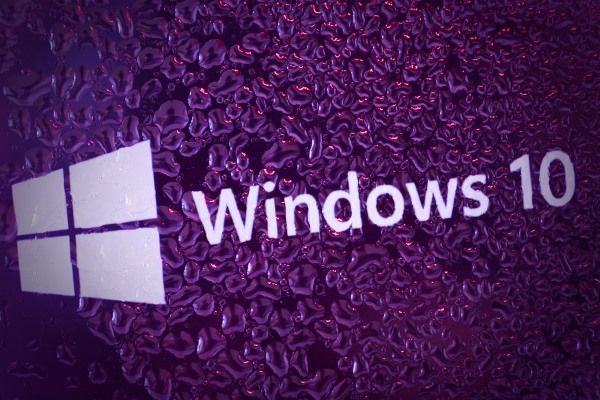Microsoft: Windows 10 collects users' private information, but not for ads

It’s been a week since Windows 10 was released, and the biggest issue about Microsoft’s latest OS seems to be in the nature and the amount of private data it collects.
We recently wrote about Cortana, the digital assistant, and how much it collects, and now Microsoft has updated its terms of service agreement to better clarify what it collects and how it uses such data.
According to the agreement, the OS will save your Bing searches, private email content and the apps you access, as well as "your typed and handwritten words".
Microsoft says the data is being collected to personalize the OS.
"We will access, disclose and preserve personal data, including your content (such as the content of your emails, other private communications or files in private folders), when we have a good faith that doing so is necessary to protect our customers or enforce the terms governing the use of the services", Microsoft said in its recently updated new terms of services agreement.
"Windows does not collect personal information without your consent. To effectively provide Windows as a service, Microsoft gathers some performance, diagnostic and usage information that helps keep Windows and apps running properly. Microsoft uses this information to identify problems and develop fixes".
It also added that the data is not being collected to serve ads.
"However, we do not use what you say in email, chat, video calls or voice mail, or your documents, photos or other personal files to target ads to you", Microsoft’s privacy statement reads.
Published under license from ITProPortal.com, a Net Communities Ltd Publication. All rights reserved.
Photo credit: Anton Watman / Shutterstock